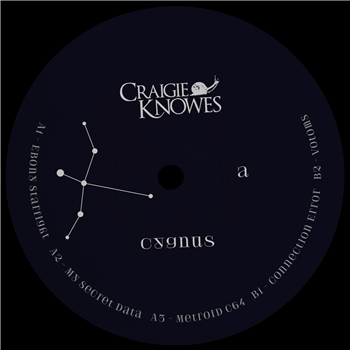

It wasn’t much, but in case one of the tubes was breached, it would give us ten minutes of oxygen to get to safety. “I thought you were Earthbound.” Like me, Nicole was wearing a light pressure suit, and had the rubberized safety helmet tethered at her waist like a gas mask from the war. She’d rotated to a position here on the last ship and it was darn good to see her. I spread my legs to kill my momentum as I landed from my last skip. She pulled the door closed behind her and dogged it shut. One of the doors hissed open, and Nicole hopped through, holding the handle. The inside was mostly smooth rubber, occasionally punctuated with light wells, aluminum supports, and pressure doors.

Aesthetically, the outside of the base looked like a decaying sandcastle. Only fifty or so were “permanent” residents in the underground bunkers we called home.Īlong with half the population of the base, I skip-walked in the light gravity through a buried gerbil tube called “Baker Street” toward “Midtown.” With no atmosphere to protect us from the cosmic rays hitting the moon, we’d scraped up a layer of the moon’s surface and buried the tubes in regolith. The rest of the two hundred “citizens” came and went, depending on their area of expertise. While we were all called astronauts, only a handful of us were also pilots, by which I mean glorified bus drivers. I’d been up in Artemis Base for a three-month rotation, flying geologists from our tiny colony out to different survey sites. As a result of the $600 million cut made by the United States Congress in this year’s budget, he said the IAC has had to sacrifice the “insurance” that had been built into the program “as a hedge against unforeseeable or intractable technical problems” and to delay crucial experimental flights in the Cygnus spacecraft.ĭo you remember where you were when the Friendship probe reached Mars? I was getting ready to return from the moon. He also cautioned that any extension in the timetable of the Mars program would increase the cost of the First Mars Expedition, now estimated at $20 billion. 16, 1961-Horace Clemons, head of the International Aerospace Coalition, warned the United Nations today that any cuts in the “minimal” space budget would make a manned Mars landing in this decade impossible.


 0 kommentar(er)
0 kommentar(er)
